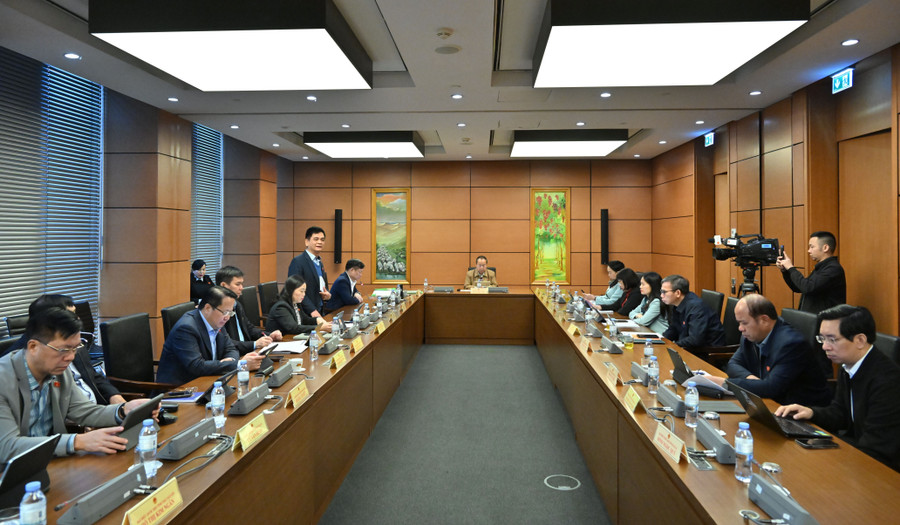
Carefully consider the regulation "The State will reclaim the remaining land area when 75% has been agreed upon"
According to delegate Le Hoang Anh, it is very necessary to resolve difficulties and bottlenecks in the implementation of the Land Law. However, the report and draft documents of the Resolution mainly give positive assessments, lacking unfavorable and negative assessments. Therefore, it will be difficult to assess whether the positive is dominant or the negative is dominant in many policies in the Resolution.
"The important thing is not to untie the big knot and create many small knots, intertwining into a spider web, causing many consequences" - Deputy Hoang Anh frankly said.
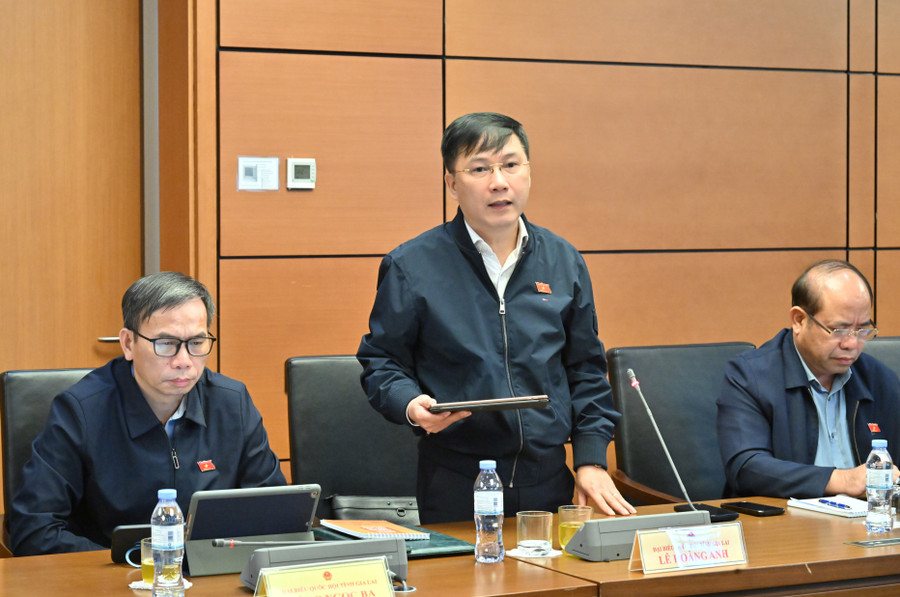
One of the three potential problems that Deputy Hoang Anh mentioned is "The State reclaims land when it has reached agreement on over 75% of the land area and over 75% of the number of land users".
In Article 3, the draft Resolution supplements the provision that the State recovers land for socio -economic development for national and public interests in the case of "In the case of using land to implement a project through an agreement on receiving land use rights that has expired the term to complete the agreement or the extension period to complete the agreement has expired, but over 75% of the land area and over 75% of the number of land users have been agreed upon, the Provincial People's Council shall consider and approve the recovery of the remaining land area to allocate or lease land to the investor".
Delegate Hoang Anh said: In essence, this is a mechanism that allows the State to intervene with administrative power to "lock down" the civil agreement process, forcing the few people who have not agreed to accept the revocation, even though they have not signed an agreement with the investor. There are 3 very negative consequences here.
First : The nature of "coercing the minority" under the guise of "majority consensus". When allowing the recovery of the remaining land even though 100% consensus has not been reached, the households who do not agree in the "minority group" can be seen as "obstructing development" and are under great pressure. " The Government 's report mainly talks about the benefits of the State's recovery and assumes that the rate of over 75% agreeing is the majority. So let's reverse the approach, is the rate of 24.99% disagreeing the majority or the minority? I think it is a large number, a very large number" - Deputy Hoang Anh said.
Along with that is the risk of using administrative power to impose the will of investors/interest groups on a part of the people, contrary to the principles of protecting property rights, the right to self-determination in civil transactions, as well as constitutional rights.
Second : Risk of manipulation, "virtual agreements" to meet the ratio. The draft does not clearly stipulate the mechanism for transparency, publicity, and comprehensive supervision of the agreement process from the first step to the end (right from the first stage of the agreement), does not stipulate the role of the Fatherland Front, the People's Inspectorate, notaries...
Therefore, investors can use many methods such as: pressure, "bribe" or even fraud (forge signatures, falsely declare the ratio) to reach the 75% mark to activate the State mechanism to recover the remaining part. This creates a big loophole for corruption and "group interests".
Third : Risk of social instability, prolonged complaints, affecting national security, social order and safety, and people's trust in the government.
Because land is a particularly important asset, one can say it is vital for many households, linked to livelihoods and a sense of fairness, especially for the poor and disadvantaged. If people feel that they are being "forced to leave their land" without their consent, it is easy to lead to disputes, collective complaints, mass gatherings, creating hot spots, affecting social order and national security and being easily incited and lured by hostile forces.
From that analysis, Delegate Le Hoang Anh made four specific recommendations.
First, raise the threshold of consensus to a truly “exceptional” level. The remaining portion can only be reclaimed when over 90% of the land area and over 90% of the number of land users have been agreed upon; in all laws and resolutions of the National Assembly , from budget reserves to savings, the 10% rate is chosen.
Second , limit the scope of application to the especially important level. Only apply this mechanism to important national projects, emergency projects, special projects, not widely apply to purely commercial projects, especially housing projects (because people will react strongly due to taking their land and houses to sell for profit).
Third , strengthen democratic control and transparency. In addition to the regulation that there must be a suitable compensation, support and resettlement plan for those who do not agree to the agreement, the Provincial People's Council must approve it with a minimum of 2/3 of the total number of delegates agreeing. At the same time, there must be a social impact assessment report that is publicly announced for at least 45 days; the agreement process must be supervised from the beginning by the Fatherland Front, the People's Inspectorate, witnessed and certified by a notary office.
Fourth , the imposed price must be reasonable. The compensation price imposed by the State must be equal to the highest agreed price that the investor has reached and paid out of more than 75%.
In summary, Deputy Le Hoang Anh said that this mechanism of State land recovery must be a very limited exception, tightly controlled by many rounds, many layers and with tight power control, instead of a common mechanism that can be abused to oppress people.
Creating public consensus is most important.
Sharing the same view with Deputy Le Hoang Anh, Deputy Nguyen Thi Thu Thuy suggested that it is necessary to specify the steps to be taken before issuing a decision to reclaim land. The steps must be appropriate and comply with the steps of the Law on Promulgation of Legal Documents, amended in 2025; and the people's right to access information according to the Law on Access to Information.
From there, ensure social stability, security and order in the locality, especially the consensus of local people for common development.
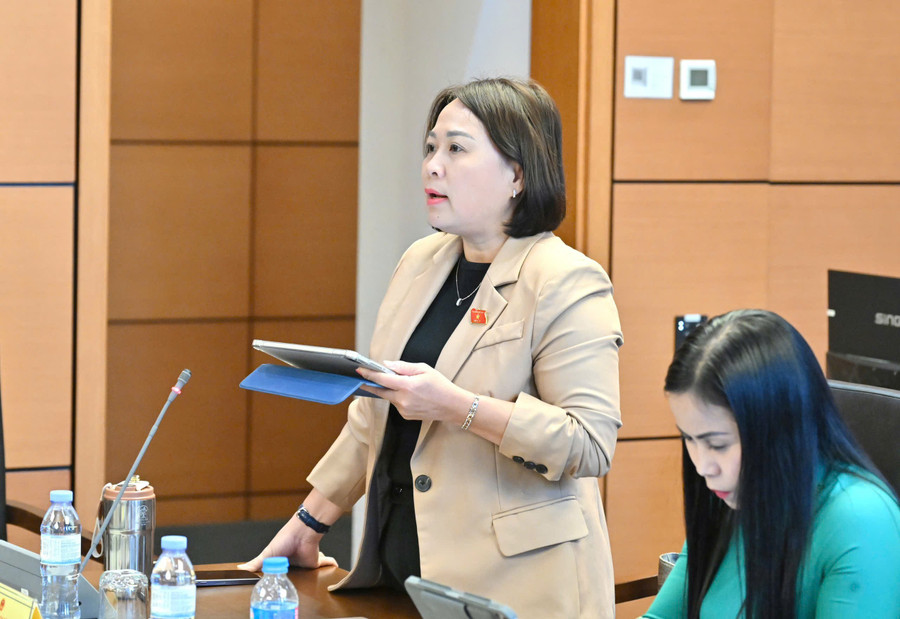
Deputy Thuy also mentioned in more detail about post-policy consultation - the process in which State agencies continue to collect opinions from relevant parties (people, businesses, experts, social organizations). Consultation and impact assessment for those who disagree are important, helping to understand practical issues and identify socio-economic impacts after land is recovered. Those who disagree are consulted to better understand the goals and content of the policy, are more likely to agree, and reduce social reactions.
“In addition, we will anticipate difficulties in the implementation process to make early adjustments; reduce errors, overlaps, and contradictions in legal documents. Thereby, increasing the level of trust of people in local authorities, people will accompany the locality, and businesses will develop stably” - Deputy Thuy further analyzed.
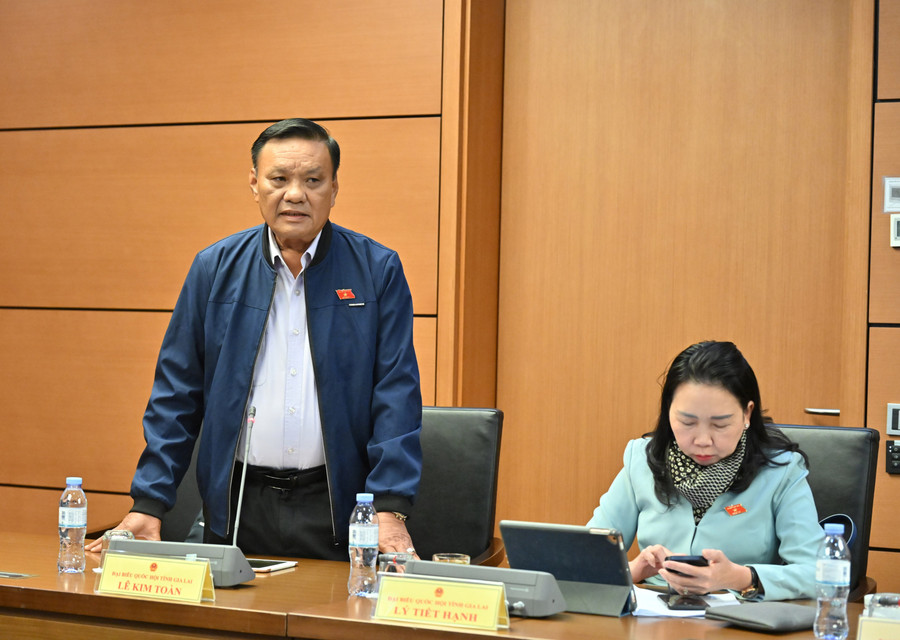
Regarding this issue, Deputy Le Kim Toan emphasized: Land is a special resource of the nation, and also a special asset of each citizen. This is an issue that always receives the attention of all classes of people, is the most complicated issue in state management, as well as implementing the right to represent the entire people's ownership of land.
The draft Resolution has added a case where the State reclaims land for socio-economic development for national and public interests. However, Deputy Le Kim Toan suggested continuing to study and add regulations suitable to reality.
Specifically, for projects serving production in the fields of national defense and security, serving community development, in the fields of trade and services according to the country's development priorities, the State will take over the land. On the contrary, for projects invested to exploit profits on land, invest and then transfer ownership, usage rights, etc., the State will not take over the land, only plan, support and create conditions.
"Only then can people support and create conditions for investment projects in production to create material wealth for society, create jobs, increase income, and generate revenue for the country and localities in a sustainable and long-term manner," said Deputy Toan.
Source: https://baogialai.com.vn/co-che-nha-nuoc-thu-hoi-dat-phai-duoc-kiem-soat-chat-che-post572946.html


![[Photo] Lam Dong: Panoramic view of Lien Khuong waterfall rolling like never before](/_next/image?url=https%3A%2F%2Fvphoto.vietnam.vn%2Fthumb%2F1200x675%2Fvietnam%2Fresource%2FIMAGE%2F2025%2F11%2F20%2F1763633331783_lk7-jpg.webp&w=3840&q=75)
![[Photo] President Luong Cuong receives President of the Senate of the Czech Republic Milos Vystrcil](/_next/image?url=https%3A%2F%2Fvphoto.vietnam.vn%2Fthumb%2F1200x675%2Fvietnam%2Fresource%2FIMAGE%2F2025%2F11%2F20%2F1763629737266_ndo_br_1-jpg.webp&w=3840&q=75)

![[Photo] National Assembly Chairman Tran Thanh Man holds talks with South Korean National Assembly Chairman Woo Won Shik](/_next/image?url=https%3A%2F%2Fvphoto.vietnam.vn%2Fthumb%2F1200x675%2Fvietnam%2Fresource%2FIMAGE%2F2025%2F11%2F20%2F1763629724919_hq-5175-jpg.webp&w=3840&q=75)




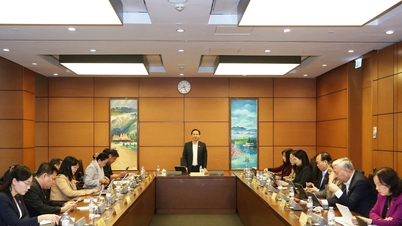







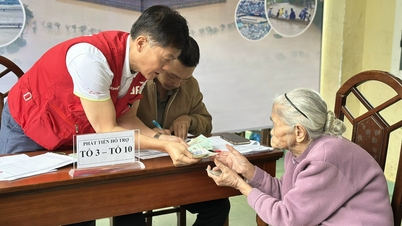

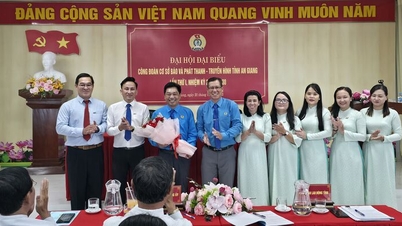



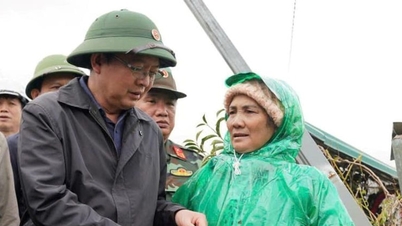
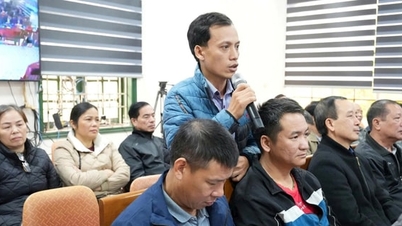

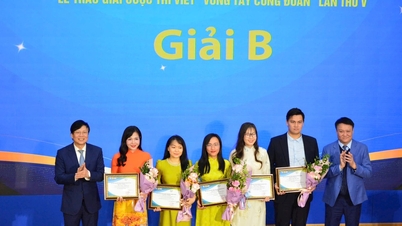





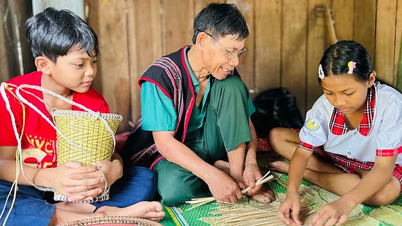
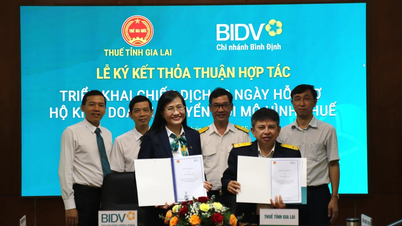
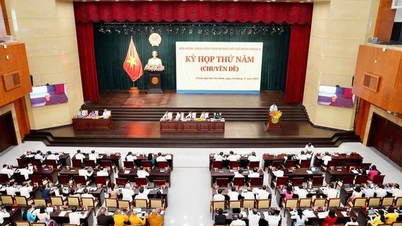
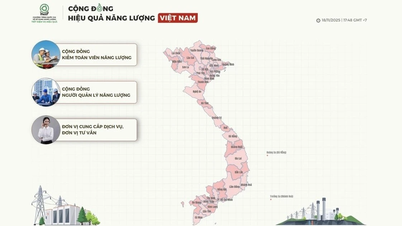







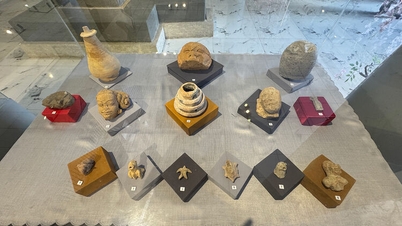


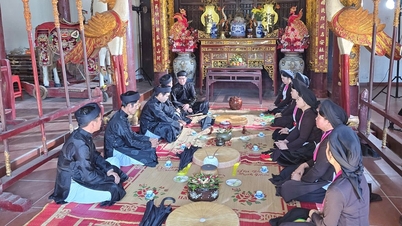






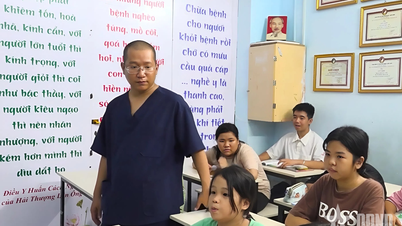

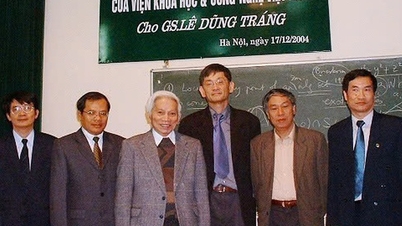







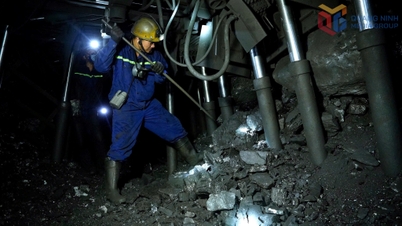









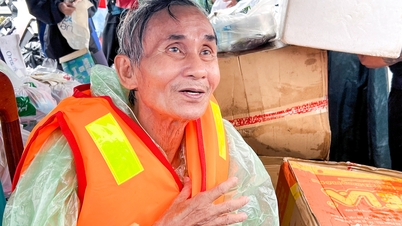


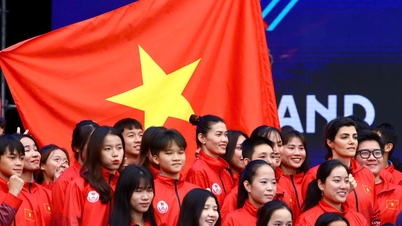






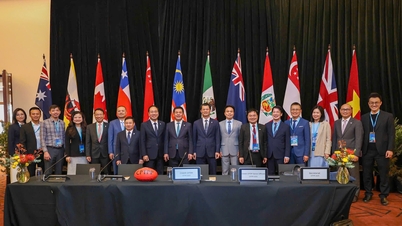
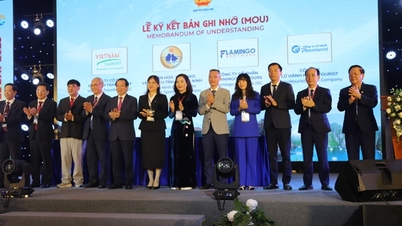

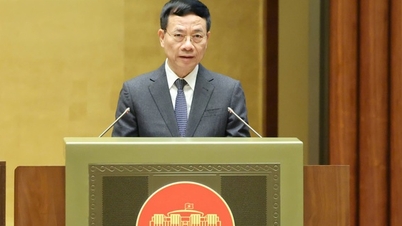

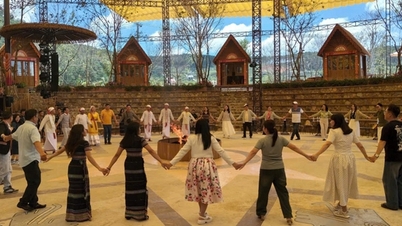

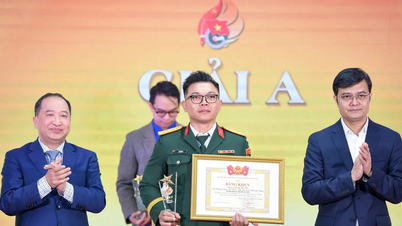
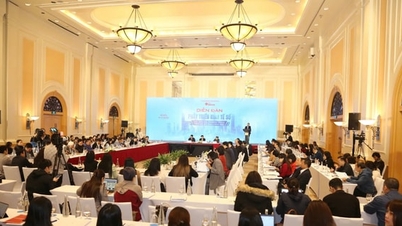
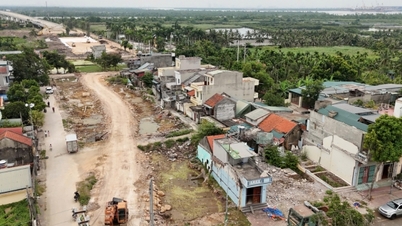
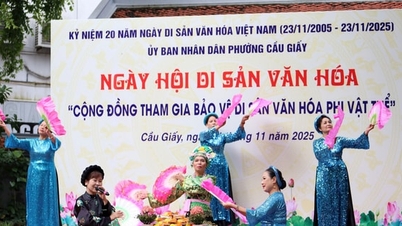
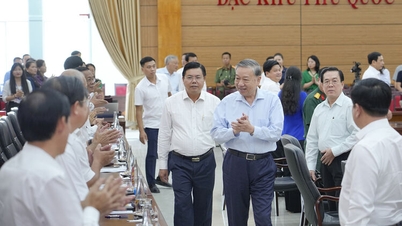















Comment (0)